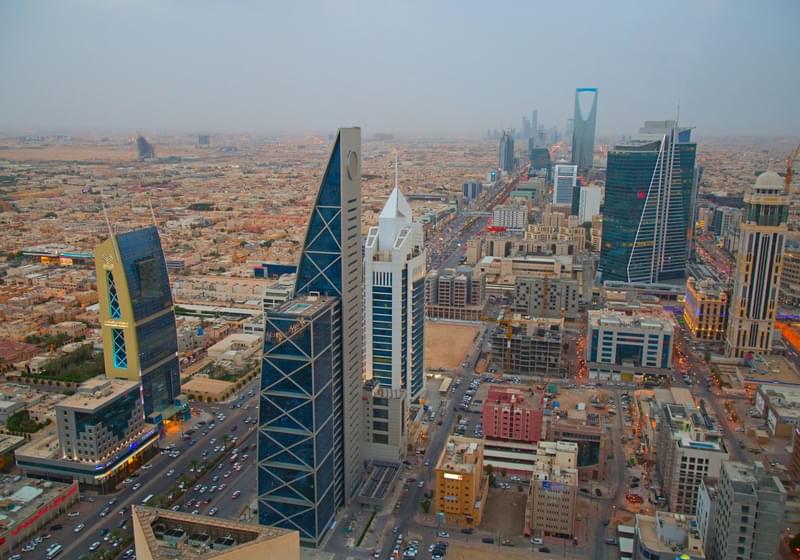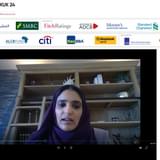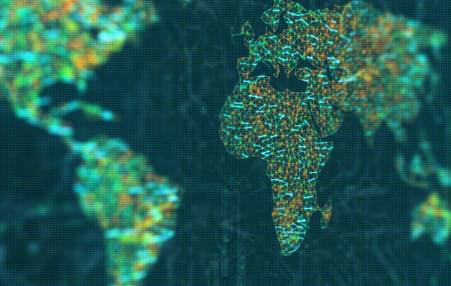In a recent note to clients, Simrin Sandhu and Shankar Narayanaswamy said that a strong rally in GCC credit last year, driven mainly by further index inclusion, constrained oil production, and record issuance levels, is vulnerable to reversal due to heightened geopolitical risk following the US assassination of a senior Iranian general in Iraq last week. The move has led to a volley of threats between the US and Iran, with the Iraqi authorities now pushing to expel foreign forces from the country.
“Technical tailwinds drove c.60bps of spread tightening in 10Y and 30Y GCC IG sovereigns over the course of 2019 despite elevated geopolitical risks, a backdrop of soft oil prices and constrained production, and record issuance levels from the region. We expect the market to be less forgiving in 2020 given the sharp escalation in tensions between the US and Iran, and the unpredictability of retaliatory measures from both sides.”
Investment grade GCC sovereign spreads have widened between 20-25bp in recent days, and while some of that has paired back, the quick price move highlights the asset class’s increased vulnerability to big shifts in sentiment.
“With the GCC now a mainstream asset class at c.15.7% of the EMBI Global Diversified Index (from an off-index play previously), it is more vulnerable to selling pressure from EM-dedicated investors. As in previous episodes of geopolitical risk-related sell-offs, we expect the local investor-dominated front end of the curve to outperform.”
“For GCC sovereigns, the risk of renewed attacks on oil infrastructure and concerns of security of transit through the Strait of Hormuz are back in focus. Furthermore, given the sizeable US military presence in GCC countries, concerns of retaliation will also likely weigh on the market.”
Sandhu and Narayanaswamy say Abu Dhabi, Oman and Saudi Arabia remain better positioned to manage rising risks given their lower reliance on the straights, but caution that security around Saudi oil and gas assets will remain a leading concern.
They also point out that other Middle Eastern sovereigns remain vulnerable to rising tensions. President Trump has threatened sanctions against Iraq if the country moves to expel its armed forces from the country, which could weigh further on spreads. Jordan, which depends heavily on both GCC and US aid, could see a “material impact” if the conflict escalates. Lebanon, given its precarious fiscal situation and links to both Iran and the US, could also get dragged into the conflict, particularly if the risk of US sanctions being imposed on Lebanon’s financial institutions rises.









